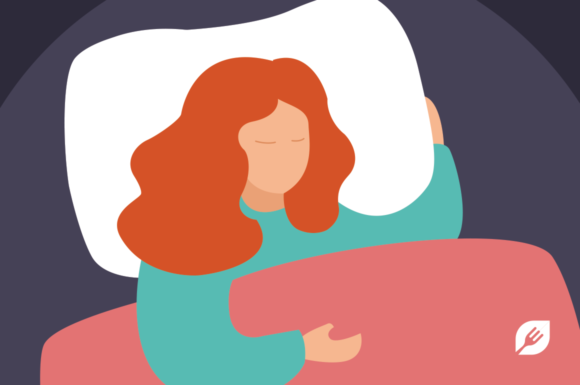
It is common knowledge that stress, poor nutrition and lack of exercise can all lead to chronic disease. But one contributing factor of poor health often left out is the lack of quality sleep. Sleep deficiency is linked to wide range of ailments; from autoimmune disease, obesity, heart disease, Type 2 diabetes, depression, poor cognitive function, and even Alzheimer’s.
Sufficient sleep has been shown to boost the immune system. A strong immune system reduces inflammatory responses in the body, fights off viruses and infections.
When we sleep, our bodies are able to renew, regenerate and restore. A process known as the glymphatic system actually eliminates cellular metabolic waste and inflammation in the brain from the previous day. It is a way for your brain to clean up and prepare for what’s to come tomorrow. If it doesn’t get cleaned out, cellular waste, amyloid plaque and toxins remain in the brain.
This glymphatic system only drains in our deepest state of sleep. So, if you are waking up often, disrupted by noise, tv or lights during sleep time, you never reach deep sleep and you more than likely are not getting that critical brain drain.
It is recommended that adults get between 7-9 quality hours of sleep each night. Without that vital rest the body doesn’t get a chance to restore.

Here are a few guidelines to forming quality sleep habits:
Create a calming environment in the bedroom:
- Make sure your room is completely dark. Use blackout shades if necessary. Turn the alarm clock away from your sight if it is bright or dim it if possible.
- Keep the room cool; 65 degrees is optimal for sleep.
Set up a timeline for sleep:
- Go to bed and wake up at the same time each night and each morning, even on the weekends and vacation.
- Before bed take a warm bath with a few drops of essential oil like lavender or chamomile to calm your body and mind and prepare for restorative sleep.
- Avoid eating two to three hours before bedtime.
- Avoid sugar, alcohol and caffeine at least three hours before bedtime.
- Limit blue screen time and tv an hour before bed. Instead, try reading or listening to classical music for an hour.
Drain your brain:
- Sleep with your head slightly elevated so that the glymphatic system is able to drain the metabolic waste from the brain and central nervous system.
Making sleep a priority is vital to your health. And it is probably the easiest healthy habit to get into; compared to an exercise routine or eating a healthy diet. All you have to do is sleep.
